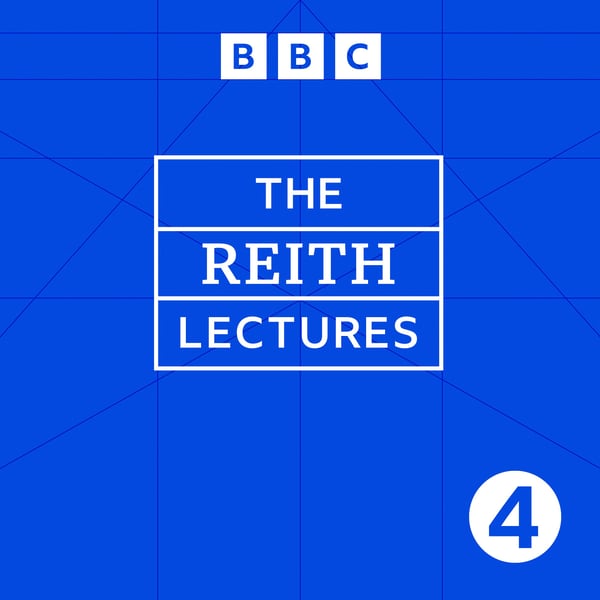Summary
The philosopher and cultural theorist Kwame Anthony Appiah says the idea of "Western civilization" or "Western culture" is a mistaken one and that we should abandon it.
He uncovers the history of the idea from its roots at the time of the Crusades to its modern incarnation in the second half of the 20th century. However, we have very little culturally in common with our forebears in say the England of Chaucer's time. And indeed much of the knowledge supposedly at the heart of Western civilisation was actually transmitted via Islamic scholarship. No-one, he argues, can claim exclusive ownership of culture. "The values European humanists like to espouse belong just as easily to an African or an Asian who takes them up with enthusiasm as to a European," he says.
The lecture is recorded in front of an audience at New York University in Appiah's adopted home city. The series is presented and chaired by Sue Lawley
The producer is Jim Frank.
Transcript
Click on a timestamp to play from that location
| 0:00.0 | Hello and welcome to New York for the last in this year's series of BBC Reith Lectures. |
| 0:07.0 | This city is our lecturer's adopted home and we're in New York University's law school where he's professor of philosophy and law. |
| 0:15.0 | His subject in these lectures is identity. How do we decide who we are? So far, he's guided us through our attitudes to |
| 0:24.0 | religion, nationhood and colour. For his last lecture, he's tackling how we come to terms with |
| 0:30.5 | something rather less precise, culture. Here in America and across the Atlantic in Europe, |
| 0:36.5 | we like to think of ourselves as products of something called Western civilization. |
| 0:42.1 | But are we? And if we are, what does that phrase mean? Big questions. Without more ado, please welcome the man who will try to answer them for us. |
| 0:51.4 | The BBC Reith Lecturer 2016, Kwame Anthony Appiah. |
| 1:08.8 | Thanks. Like many Englishmen who suffered from tuberculosis in the 19th century, |
| 1:15.5 | Sir Edward Burnett Tyler went abroad on medical advice, seeking the drier air of warmer regions. |
| 1:22.9 | Tyler came from a prosperous Quaker business family, so he had the resources for a long trip. |
| 1:29.7 | In 1855, in his early 20s, he left for the New World, and after befriending Henry Christie, |
| 1:36.2 | a Quaker archaeologist he met in his travels, they ended up riding together through the Mexican |
| 1:41.2 | countryside, visiting Aztec ruins and dusty pueblos. |
| 1:46.3 | Christie was already an experienced archaeologist, and under his tutelage, Tyler learned |
| 1:51.2 | how to work in the field. And his Mexican sojourn fired in him an enthusiasm for the study |
| 1:57.5 | of faraway societies, ancient and modern, that lasted the rest of his life. |
| 2:03.2 | In 1871, he published his masterwork, primitive culture, which can lay claim to being the |
| 2:08.7 | first work of modern anthropology. Over the decades, as his beard morphed from a lustrous |
| 2:15.1 | Garibaldi to a vast silvery cumulonimbus that would have made Gandalf jealous. |
| 2:20.3 | Tyler added to his knowledge of the world's peoples through study in the museum and the library. |
| 2:26.3 | Primitive culture was in some respects a quarrel with another book that had culture in the title, |
... |
Transcript will be available on the free plan in -3066 days. Upgrade to see the full transcript now.
Disclaimer: The podcast and artwork embedded on this page are from BBC, and are the property of its owner and not affiliated with or endorsed by Tapesearch.
Generated transcripts are the property of BBC and are distributed freely under the Fair Use doctrine. Transcripts generated by Tapesearch are not guaranteed to be accurate.
Copyright © Tapesearch 2025.

